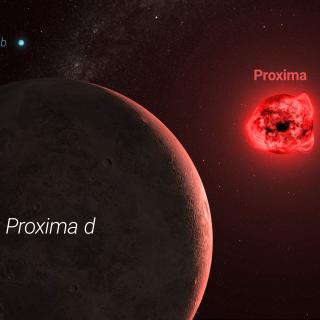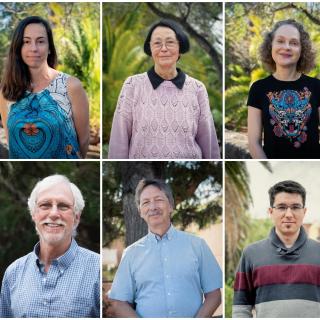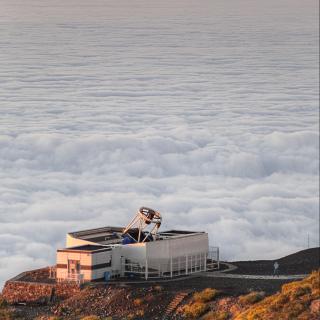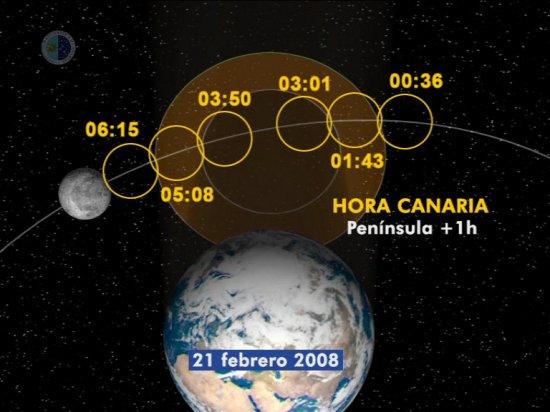It may interest you
-
 The new infrared spectrograph NIRPS, built with the participation of the Instituto de Astrofísica de Canarias (IAC) and installed on the 3.6-metre telescope at ESO’s La Silla Observatory in Chile, has achieved its first scientific results, with four articles published today in the journal Astronomy & Astrophysics and one more accepted for publication. The data confirm its ability to detect Earth-like planets in the infrared for the first time with a precision better than one metre per second. One of the papers, led by IAC researcher Alejandro Suárez Mascareño, confirms the presence of aAdvertised on
The new infrared spectrograph NIRPS, built with the participation of the Instituto de Astrofísica de Canarias (IAC) and installed on the 3.6-metre telescope at ESO’s La Silla Observatory in Chile, has achieved its first scientific results, with four articles published today in the journal Astronomy & Astrophysics and one more accepted for publication. The data confirm its ability to detect Earth-like planets in the infrared for the first time with a precision better than one metre per second. One of the papers, led by IAC researcher Alejandro Suárez Mascareño, confirms the presence of aAdvertised on -
 El Instituto de Astrofísica de Canarias (IAC) sigue afianzando su capacidad de atracción de talento científico internacional a través del programa “Investigadores Visitantes” en colaboración con Fundación Occident. Al cierre de este año 2025, el programa Investigadores Visitantes Fundación Occident no solo celebra más de diez años de trayectoria ininterrumpida, sino que anuncia la renovación del convenio de colaboración entre ambas entidades hasta el año 2028. Esta prórroga garantiza que el IAC continúe recibiendo anualmente a personal científico de primer nivel mundial, consolidando unAdvertised on
El Instituto de Astrofísica de Canarias (IAC) sigue afianzando su capacidad de atracción de talento científico internacional a través del programa “Investigadores Visitantes” en colaboración con Fundación Occident. Al cierre de este año 2025, el programa Investigadores Visitantes Fundación Occident no solo celebra más de diez años de trayectoria ininterrumpida, sino que anuncia la renovación del convenio de colaboración entre ambas entidades hasta el año 2028. Esta prórroga garantiza que el IAC continúe recibiendo anualmente a personal científico de primer nivel mundial, consolidando unAdvertised on -
 The IAC's Educational Project with Robotic Telescopes (PETeR) offers a new edition of its online teacher training entitled ‘ Investigate the Universe with Robotic Telescopes’. This activity, organised in collaboration with the STEAM area of the regional Ministry of Education of the Canary Islands Government, aims to provide knowledge and tools to incorporate astronomy in the classroom through the use of professional robotic telescopes, the analysis of scientific data and active learning methodologies. PETeR is an educational project that gives schools free access to professional telescopesAdvertised on
The IAC's Educational Project with Robotic Telescopes (PETeR) offers a new edition of its online teacher training entitled ‘ Investigate the Universe with Robotic Telescopes’. This activity, organised in collaboration with the STEAM area of the regional Ministry of Education of the Canary Islands Government, aims to provide knowledge and tools to incorporate astronomy in the classroom through the use of professional robotic telescopes, the analysis of scientific data and active learning methodologies. PETeR is an educational project that gives schools free access to professional telescopesAdvertised on
